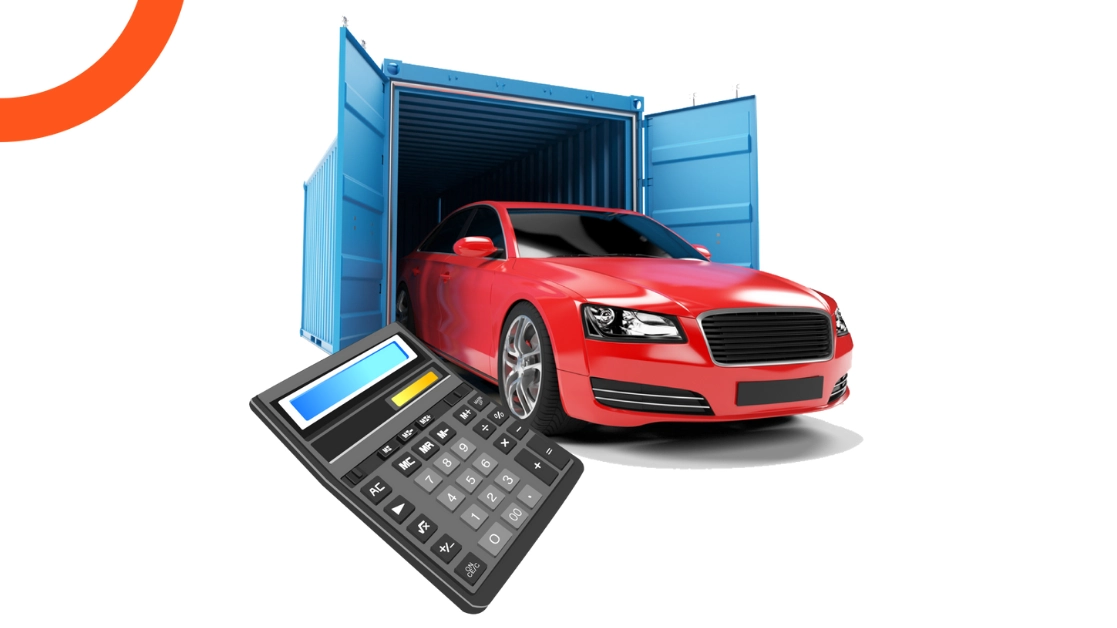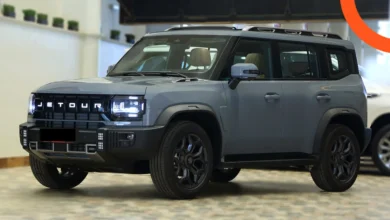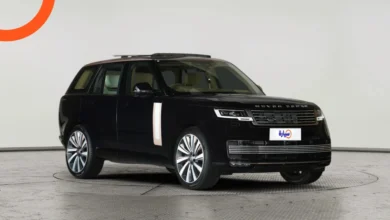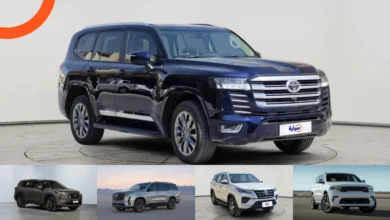Calculating Car Customs in Saudi Arabia
the Zakat, Tax and Customs Authority provided a clear explanation through its official Twitter account, shedding light on the process of determining customs fees for vehicles brought in from abroad. In this article, we’ll break down how these fees are calculated for both new and used cars.
Value of Customs Duties on Cars in Saudi Arabia
Typically, a 5% customs fee is applied based on the car’s value as stated in the purchase invoice. However, if the invoice is missing or considered unreliable, the valuation will be based on official price lists from the vehicle’s local brand representative. For used cars, a depreciation rate of 10% per year is deducted from the car’s original value, up to a maximum reduction of 50%. Once this adjusted value is determined, a 15% value-added tax (VAT) is then applied to complete the calculation.
How to Inquire About Customs Fees for Cars in Saudi Arabia
The Zakat, Tax and Customs Authority in Saudi Arabia has launched a new online service to help importers easily inquire about customs declarations. This service is designed to simplify trade procedures and provide quick access to relevant information. To use the service, follow these steps:
- Visit the official website of the Zakat, Tax and Customs Authority.
- Choose your preferred method of inquiry from the available options.
- Fill in the required information based on your selected method.
- Enter the visual verification code shown on the screen.
- Click the search button to view the customs declaration details.
How to Calculate the Customs Duties on Used Cars in Saudi Arabia
The Saudi government has established a set of mandatory regulations and customs fees for purchasing used vehicles, aiming to create a fair and transparent import process. These duties are calculated based on the type and specifications of the vehicle, with particular attention given to engine capacity as a key factor in determining customs value. This structured approach not only helps streamline used car imports but also supports equitable trade practices and ensures clarity for all parties involved. A detailed breakdown of these fees is presented in the following table:
| Car Type | Customs Value |
| Cars CC1600 |
|
Cars Over CC 1600 And Less Than CC2000 |
|
| Cars Over CC 2000 |
|
How to Calculate the Customs Duties on New Cars in Saudi Arabia for Disabled Individuals
In addition to the general method for calculating customs duties on used cars in Saudi Arabia, there are specific provisions in place for individuals with disabilities and special needs. These tailored regulations are designed to offer additional support and ensure accessibility, reflecting the Kingdom’s commitment to inclusivity. The customs calculation for this category follows a distinct structure, which is outlined clearly in the following table:
| Car Type | Customs Value |
| Cars with Power CC 1600 |
|
| Cars with Power Over CC1600 |
|
How to Calculate the Customs Duties on Hybrid Cars in Saudi Arabia
The Saudi government has established a specific valuation method for importing used hybrid vehicles into the Kingdom, clarified in this table:
| Car Type | Customs Value |
| Cars with CC 1600 Engine |
|
Used Cars with Engine Greater Than CC 1600 Up to CC 1999 |
|
| Cars with Engine Greater Than CC 2000 |
|
Important Conditions for Importing Used Saudi Cars
The Saudi government has set a number of conditions that must be followed when importing a used car. These regulations aim to organize the import process, ensure vehicle quality, and provide clear steps for citizens to make the process simple and transparent. The conditions are outlined as follows:
- The age of the used small car should not exceed five years, excluding the current year.
- Used small cars, buses, and trucks can be imported with model years ranging from 2014 to 2018, with the option to replace the old year with the new one at the end of each year.
- A warranty certificate from the manufacturer and a vehicle efficiency certificate must be submitted for the importation of the vehicle.
- Importing classic cars that are over 30 years old is allowed, subject to specific criteria and conditions set by the government and the General Authority of Customs.





